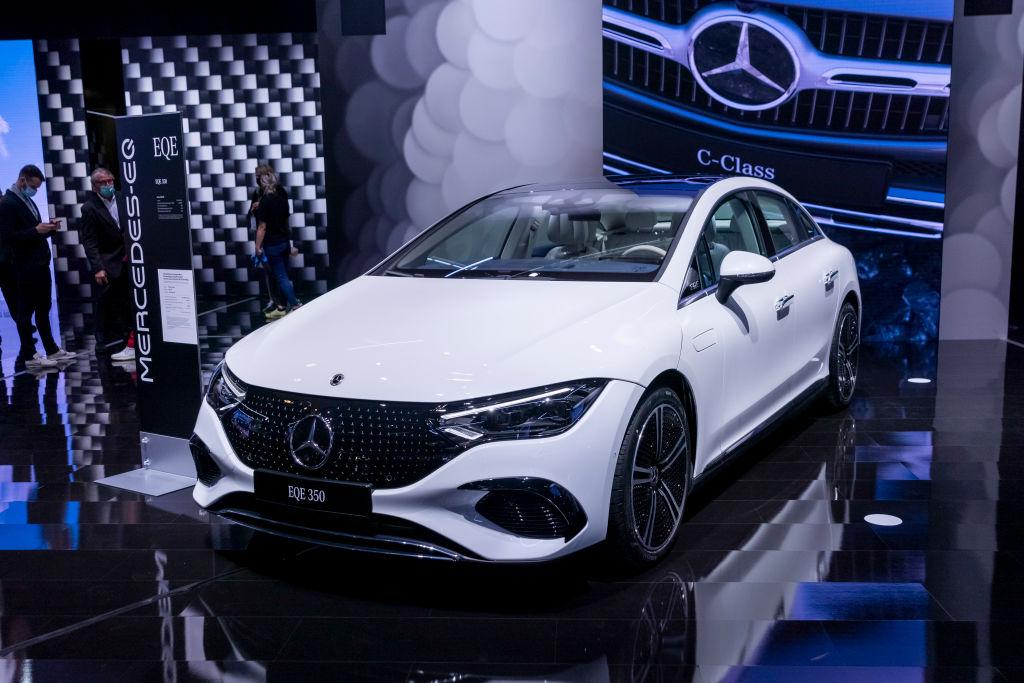At least 1,465 luxury Mercedes electric vehicles (EVs) will be recalled in Australia due to concerns they could lose power while driving.
On June 24, the Department of Infrastructure, Transport, Regional Development, Communications and the Arts issued a recall notice for certain Mercedes-Benz EQE and EQS models released in 2023.





